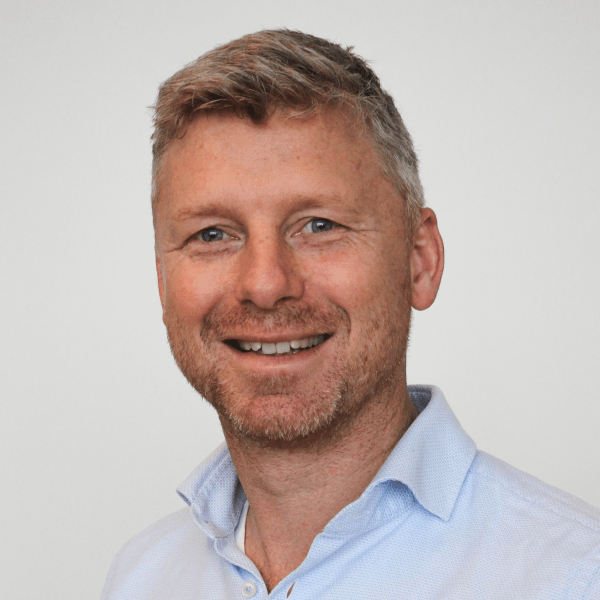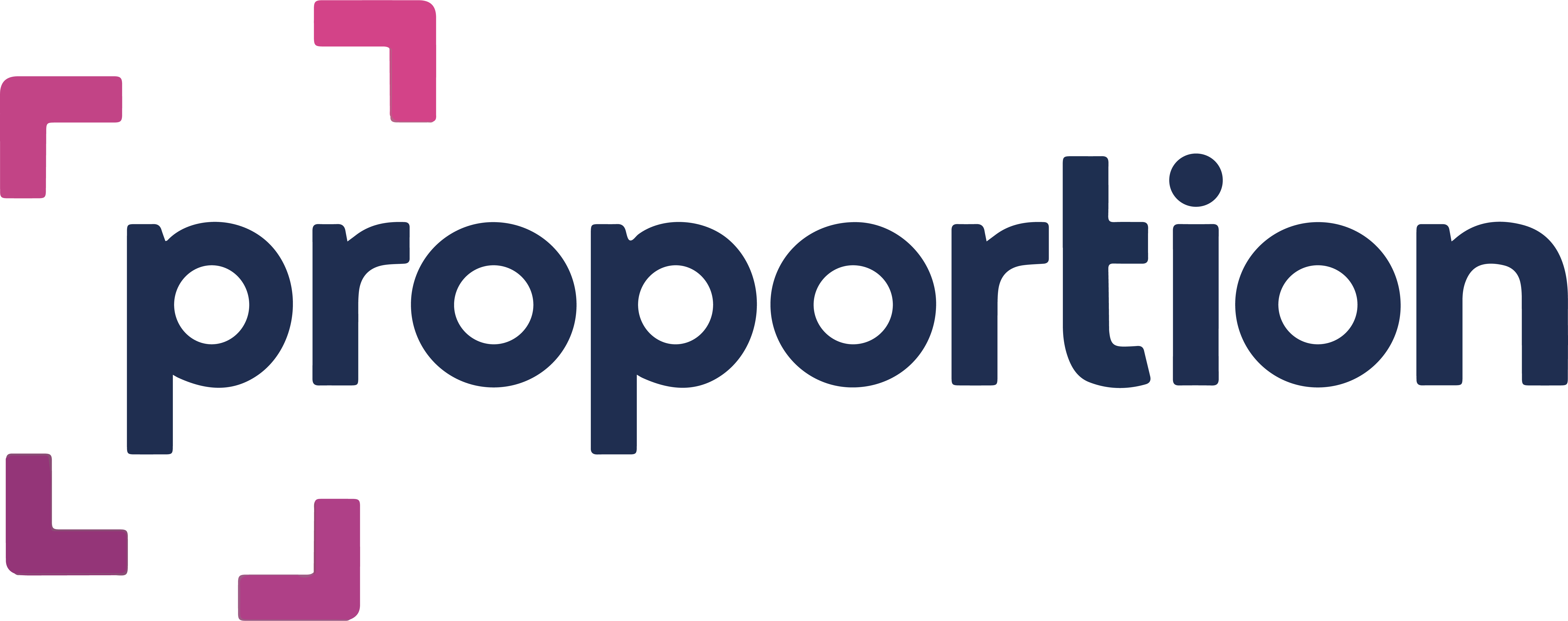We grow our family of HCD experts till we have representatives in every country in South Asia, Africa and Latin America.
Vision
Community problems across Africa, Latin America and South Asia are eradicated, by local problem-solvers who thrive in discovering the root cause and create solutions with others, embedded in a wider ecosystem.
Purpose
We support those, who want to solve problems in the global south, to thrive in making a positive change, using the power of design 2.0.
Our design practice is truly life centered, community led and, systemically integrated.
Proof
Proportion Global unites hyperlocal design professionals in 59 countries so far, with a rich collective track record. We elevate our learnings to a global level to improve our state-of-the-art methodologies, and circle back to whoever can benefit from it to solve that next problem ahead of us.
Our shared values as designers
Open Mindedness
Authenticity
Diversity
Humility
Courage

"I am extremely passionate about uniting creative talents and become the most dense global agency in the world. This positions us to tackle any challenge, anywhere."
Thomas Schuurmans
Founder and director of proportion global
How it all started - by Thomas Schuurmans (founder)
Back in 2007, I got intrigued by the R&D director of FrieslandCampina. “We like to impact undernourished children in Vietnam with our dairy products, but we can’t get it down to a level that they can afford”. It was a classical example of how corporates started to respond to the call from Muhamed Yunus, one of my biggest inspirators.
Yunus made clear that the bottom half of the world population is neglected by large corporates, while in fact the 4 billion people could be a huge business opportunity. What if you would re-think your business models, your products and services, and could target millions of potential customers and producers with meaningful products & services? It would be foolish to neglect the poor!
Most corporates started to approach this by creating cheaper spin-offs of their Western products, or by offering it in smaller packaging units. However, this results in a double penalty for the poor: they get poorer products, paying a higher price per volume. This is where the power of Human-Centered Design came into play.
We started to support corporates, NGOs and social ventures in first getting a deep understanding of low-income customers, as starting point for generating ideas for products and services following the research insights we got from the field. Human-centered design is therefore a success factor to design a good fit with what people need, aspire and can afford. It also opens up the space to design new business models that includes communities as employees, agents, processors and suppliers
We started as a small team in Amsterdam, and preferred to do all projects ourselves since it was so exciting to be in the fied (and still is!). But being a mzungu (white person), you directly influence the response of people when doing interviews or workshops in rural communities. We acknowledged that in the early days, and started to onboard more and more local HCD experts or creative talents to complement our team.
Ever since, we have been growing our international team. It is truely a feast to collaborate with HCD pracitioners from different parts of the world, with different experiences, cultures and religions . This is why we now dream of being the most decentralised HCD agency in the world, with HCD experts based in literally every single country in South Asia, Africa and Latin America!
This strategy will make us a creative power house ready to tackle any complex challenges while transfering creative problem solving capacity to communities, NGOs, corporates and social entrepreneurs across the world.

